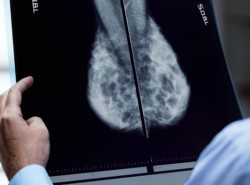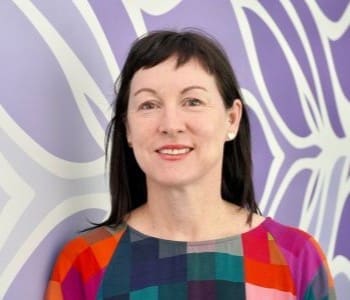
Investigating wound healing in the breast as a new breast cancer preventive therapy
Published: 05/9/25 1:09 PM

Kara Britt
Project description
Among the recognised risk factors for breast cancer, a strong association has been observed between delayed childbirth or not having children at all. Previous research by Associate Professor Kara Britt and the team found that in the breast of women who had never had children had changes in their fibroblasts of a certain protease normally only known to have a role in the blood. The levels of this protein were higher in the breast tissue of those women that had given birth. In addition, lower levels of this protein were linked to poorer outcomes. The protein does not have any known roles in the breast or in cancer development but is well known for its role in controlling processes involved with repairing wounds. Tumours have often been referred to as wounds that never heal. Hence, regulating the levels of this protease could serve as a preventative therapy for women at increased risk of breast cancer.
In this NBCF-funded study the team will collect samples from normal, early stage and invasive breast cancer from women having surgery and assess how this protease is working. Drugs that currently impact the levels of the protease are already used safely in people for blood disorders. Hence, breast cancer laboratory models will be used to evaluate if this drug or related drugs have the potential to be repurposed as a precision breast cancer precision therapy or preventative treatment for breast cancer.
Why is this work needed
The incidence of breast cancer is steadily increasing with over 21,000 new cases being diagnosed in Australia each year. Delayed or absence of childbearing increases the risk of developing breast cancer. Preventative therapies for breast cancer are limited. Hence, there is a need to study those at risk of breast cancer to identify the right pathways to target and be able to offer novel preventative therapies.
Expected outcomes
The successful outcomes of this study will enhance our understanding of wound healing’s role in normal breast tissue function and if we can modulate it to provide protective effect against breast cancer development.